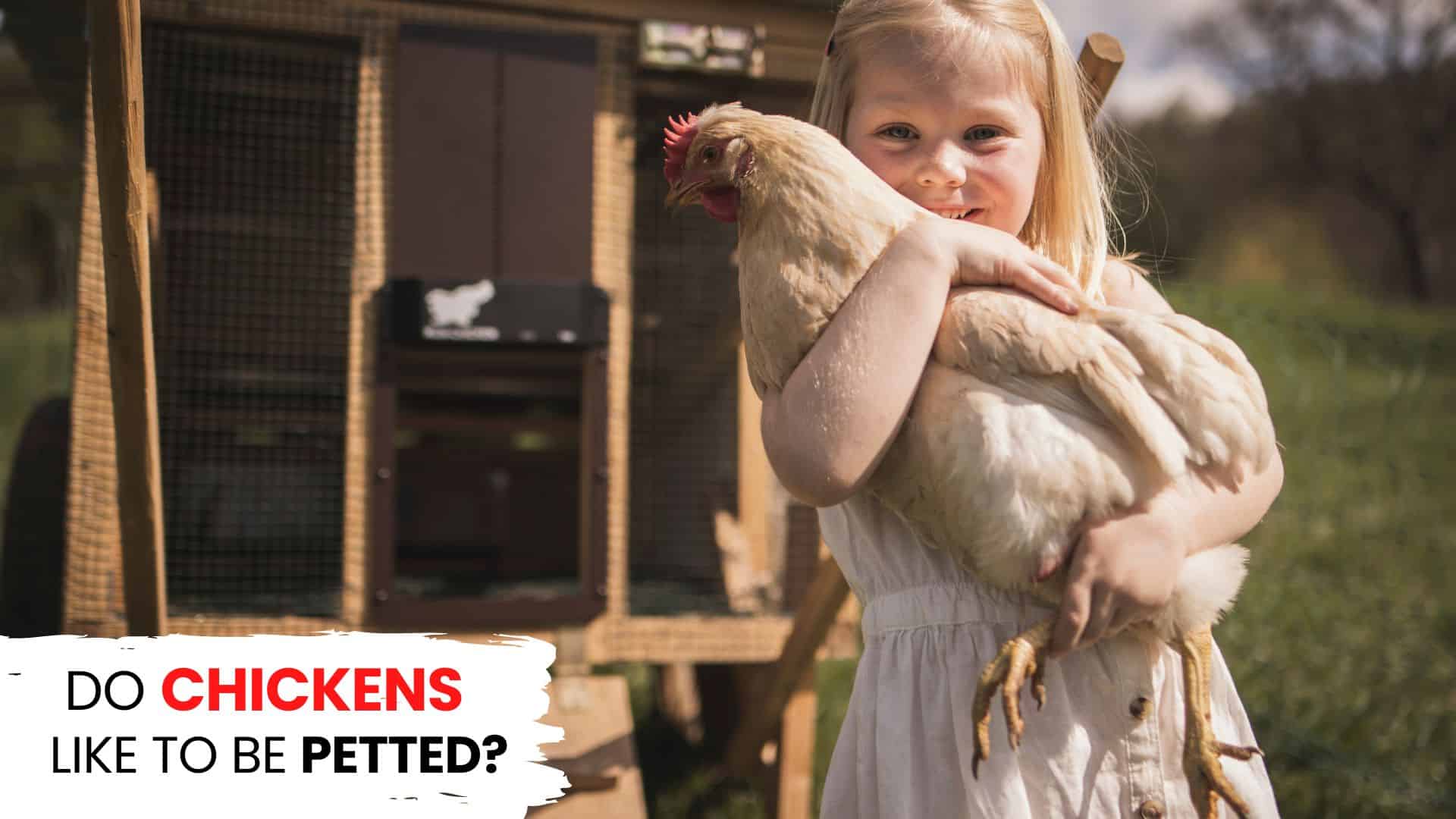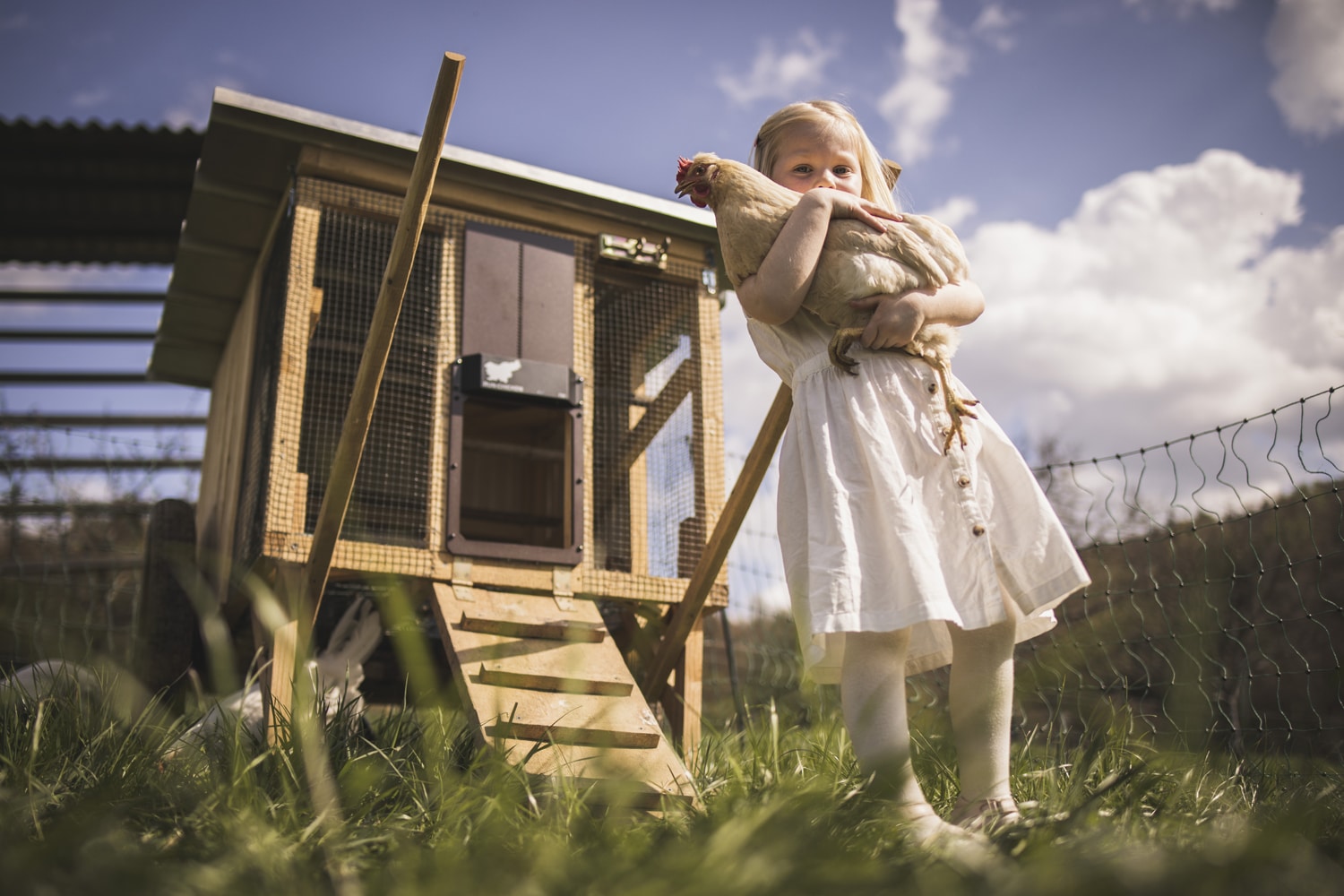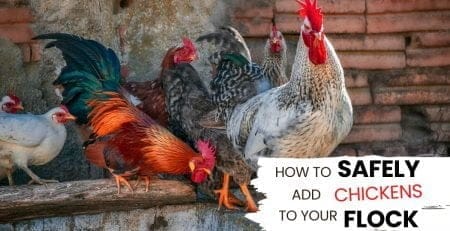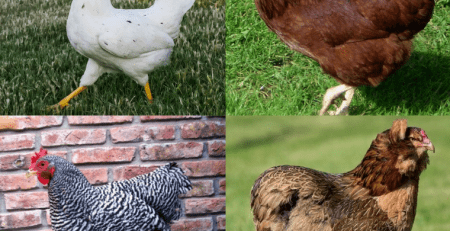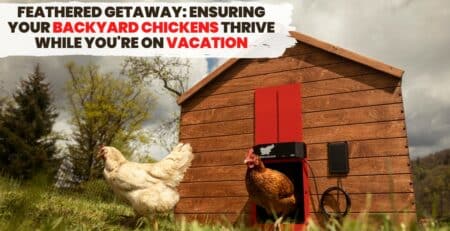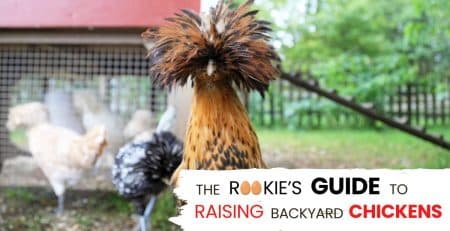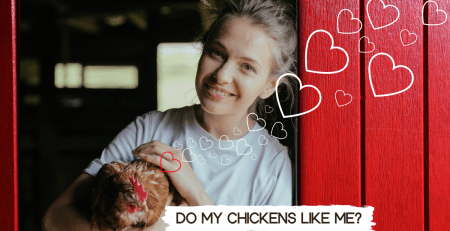When we have chickens in our yards, and they go “cluck-cluck,” we might wonder if they like it when we touch them. Chickens are known for their funny behaviors, and we want to know if they feel good when we give them a friendly pat. Even though chickens don’t talk like we do, they have their own way of communicating.
Let’s explore more and find the answer to the question: Do chickens like to be petted?
Understanding How Chickens Act: More Than Just Noises
Chickens might seem simple, but they have a lot going on inside their little heads. They have a world of behaviors that they use to talk to each other and do things. Chickens do all sorts of things, like scratching the ground to find yummy treats and sometimes arguing about who’s the boss. But where does petting fit into their world?
The Petting Paradox: Do Chickens Like It?
Contrary to what you might think, chickens don’t naturally come looking for our touch like a dog might wag its tail or a cat might purr when we pet them. However, that doesn’t mean they don’t enjoy a gentle touch. Chickens are really good at sensing what’s happening around them, and they can start to like people who give them food, a safe place to live, and keep them safe.
Some people who care for chickens say that their feathered friends get used to being touched, especially if they’ve been around gentle people since they were little chicks. Chickens that grow up around friendly humans are more likely to be okay with getting petted. Being patient and gentle with them is important so they get used to you being around and touching them over time.
The Squatting Mystery: Why Do Chickens Squat When You Pet Them?
People who take care of chickens might notice something interesting when they try to touch the hens. Sometimes, when you go close to a chicken and reach out your hand, the chicken squats down and spreads its wings a little. This move is called “squatting.” It might seem like the chicken is saying it’s lower in rank, but there’s a different reason behind it.
When a rooster wants to be friends with a hen, he gets on her back to have babies. The hen’s body naturally gets low and spreads her wings to make it easy. This happens even if there’s no rooster around. So, when you go near a hen, she might think you want to be her friend in a rooster way, and that’s why she squats.
Even though squatting might not directly show that a chicken loves being petted, it tells us that chickens have a special way of understanding and reacting to what we do, based on how they naturally behave.
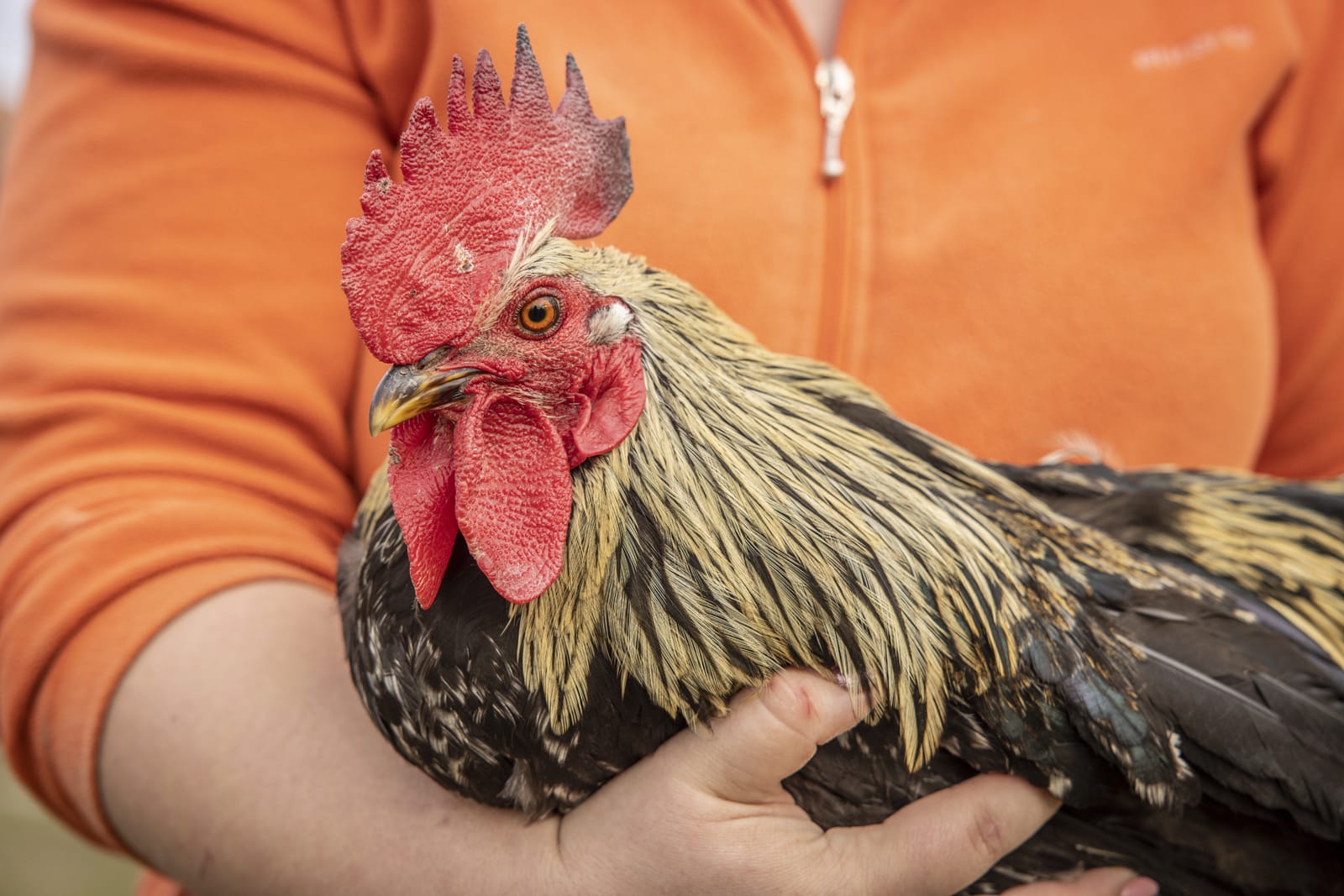
Signs of Chicken Comfort: Decoding Body Language and Vocal Cues
Chickens might not talk like people, but they have their own ways of showing how they feel. We can understand them better by looking at their actions and sounds. When chickens are happy and comfortable, they might make soft and content clucking noises. Imagine they’re saying, “I’m feeling good!” They might also spread their wings out a bit and peck at the ground, looking for tasty treats.
But if a chicken is scared or not so happy, they might puff up their feathers to look bigger. It’s like they’re trying to say, “Stay away; I’m not in the mood.” They might also make loud and sharp noises, called squawking, to warn other chickens that something isn’t right.
Remember, every chicken is unique, so they might show their feelings in their own special way. Watching how they move, how they sound, and how they act around other chickens can help us understand if they’re comfortable and content.
Building Trust and Bonding: Strategies for Establishing a Positive Human-Chicken Relationship
Just like making friends with people, making friends with chickens takes time and care. If you want your chickens to feel safe and happy around you, it’s important to be patient and gentle. Start by spending time near them without reaching out to touch. Let them get used to having you around.
When you’re ready to touch them, go slow and easy. Put your hand out calmly, and let them come to you if they’re curious. Avoid sudden movements that might scare them. You can offer them some treats from your hand to show that you’re a friendly source of food.
Spending time with your chickens every day can help them see you as a friend. Talk to them softly, and let them get used to your voice. As they become more comfortable, you can try gently petting them. Remember, not all chickens will want to be touched, so pay attention to their reactions.
Building a good relationship with your chickens takes time and trust, just like any friendship. With patience and kindness, you can become best buddies with your feathered pals!
Bringing Technology to the Coop: The Run-Chicken Automatic Coop Door
In the modern age, the world of backyard chicken keeping has seen a delightful integration of technology into traditional practices. One such innovation is the Run-Chicken Automatic Coop Door. This advanced coop door boasts a remarkable one-year battery life, freeing chicken owners from the hassle of frequent battery changes.
With the convenience of programming through a user-friendly app, early-morning or late-night coop visits become a thing of the past.
One standout feature of the Run-Chicken Automatic Coop Door is its waterproof design. Rain or shine, your feathered friends will remain safe and sound within their cozy abode. This thoughtful inclusion ensures that the technology seamlessly enhances the chickens’ living environment without compromising their well-being.
Final Words
So, do chickens like to be petted? The answer is not a simple yes or no. Chickens are creatures of habit, and their responses to human interaction are shaped by a combination of biology, past experiences, and individual personalities. While not every chicken will be a cuddle enthusiast, many can come to enjoy gentle handling if introduced with care and respect.

